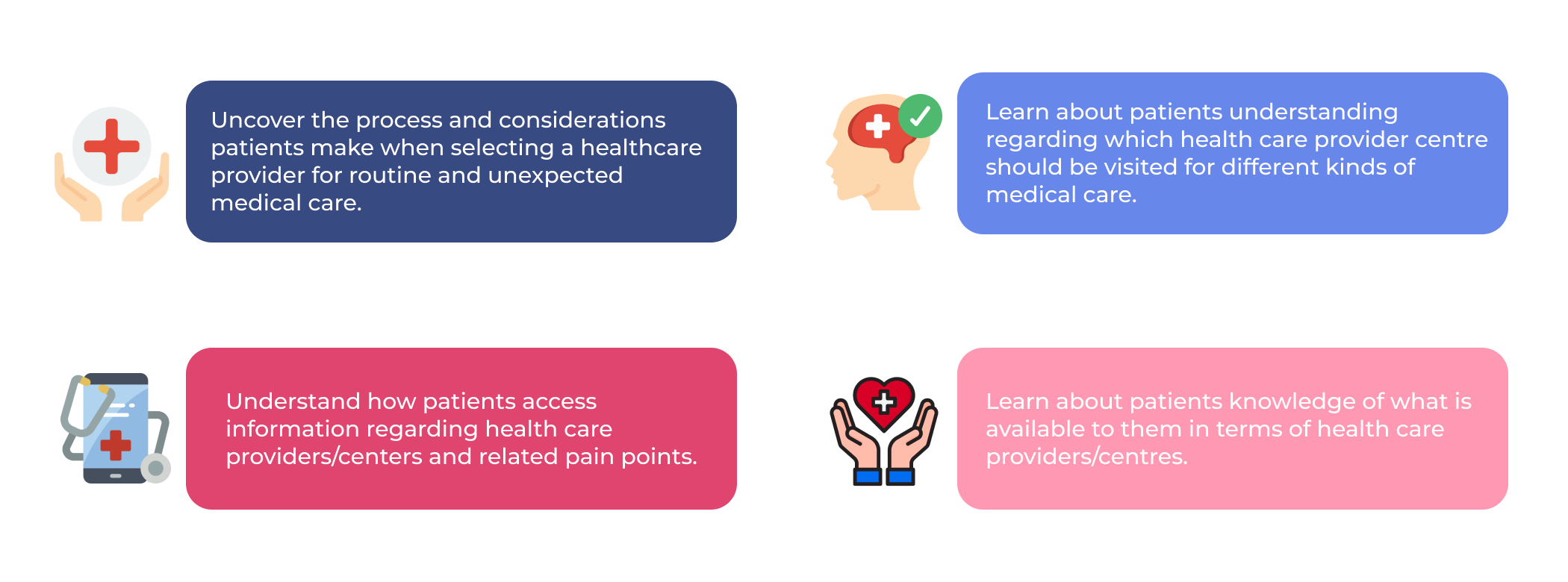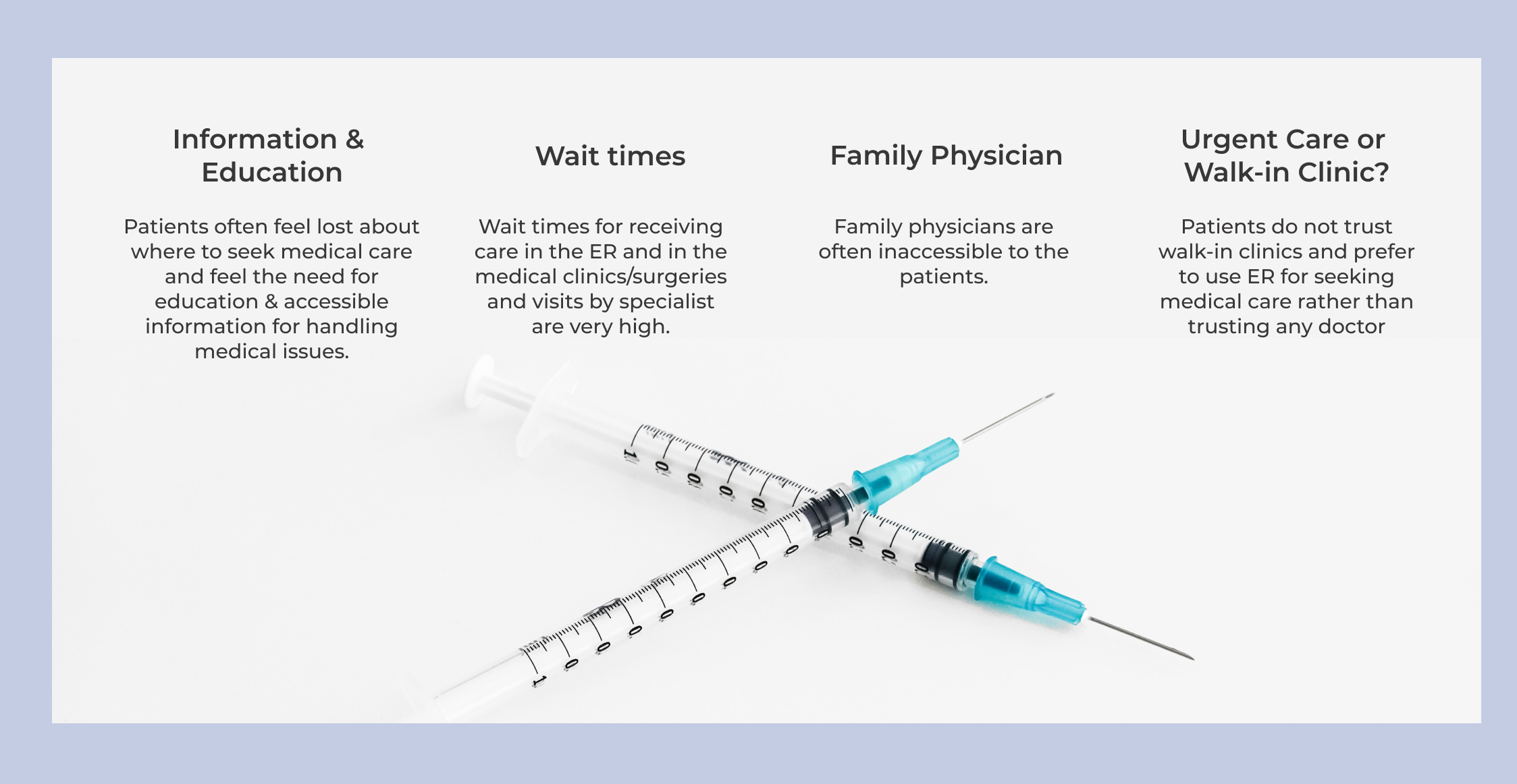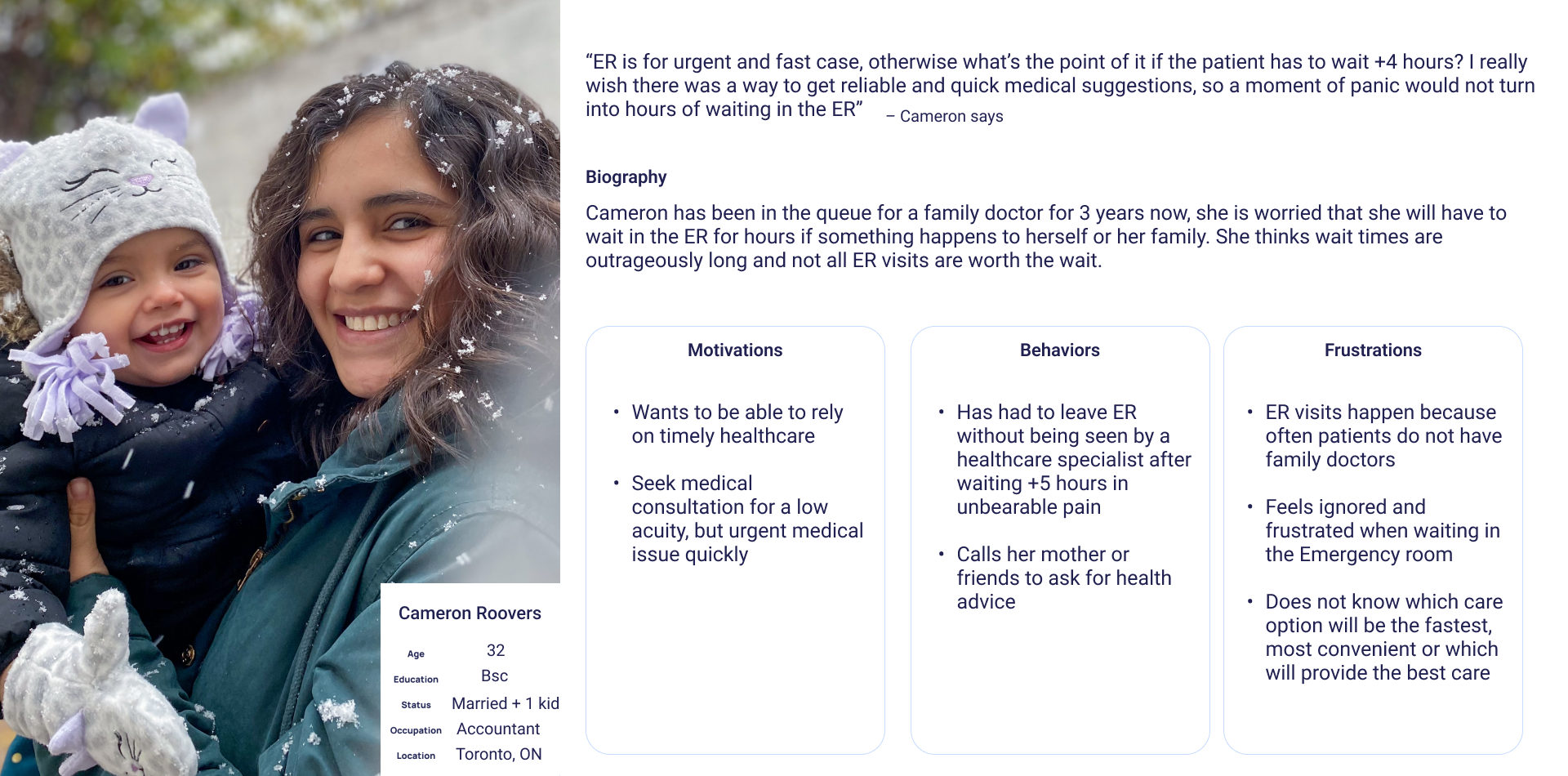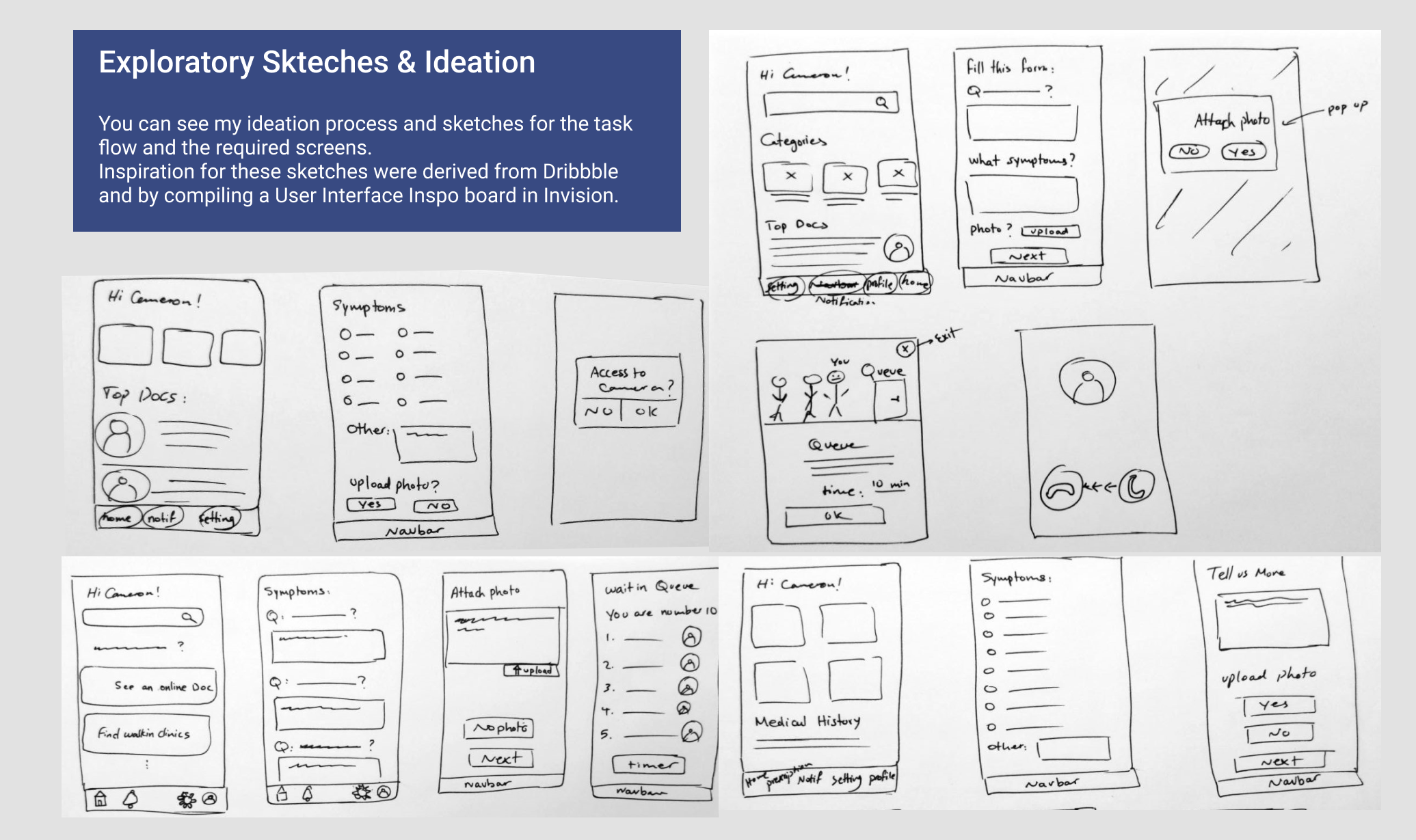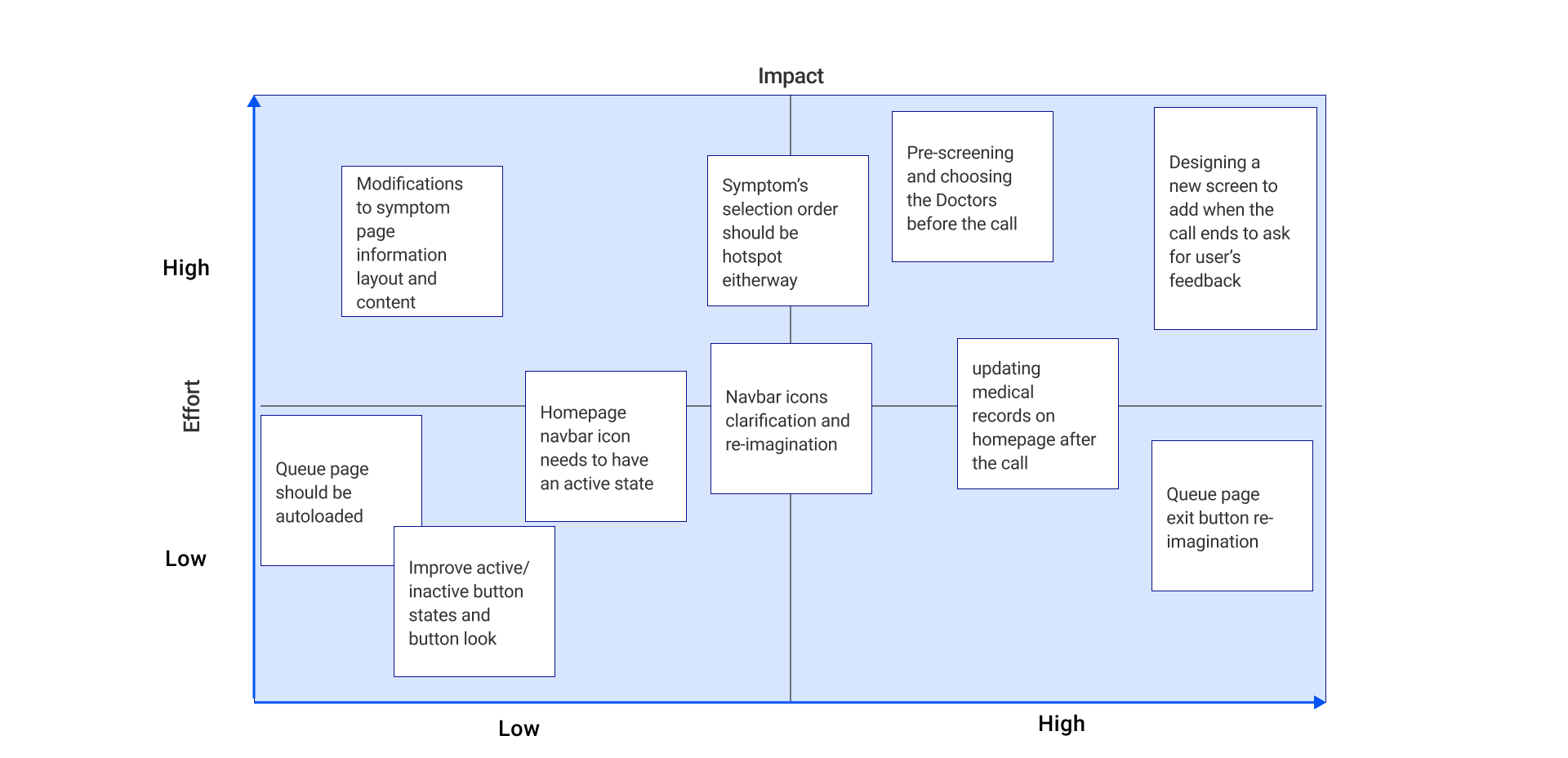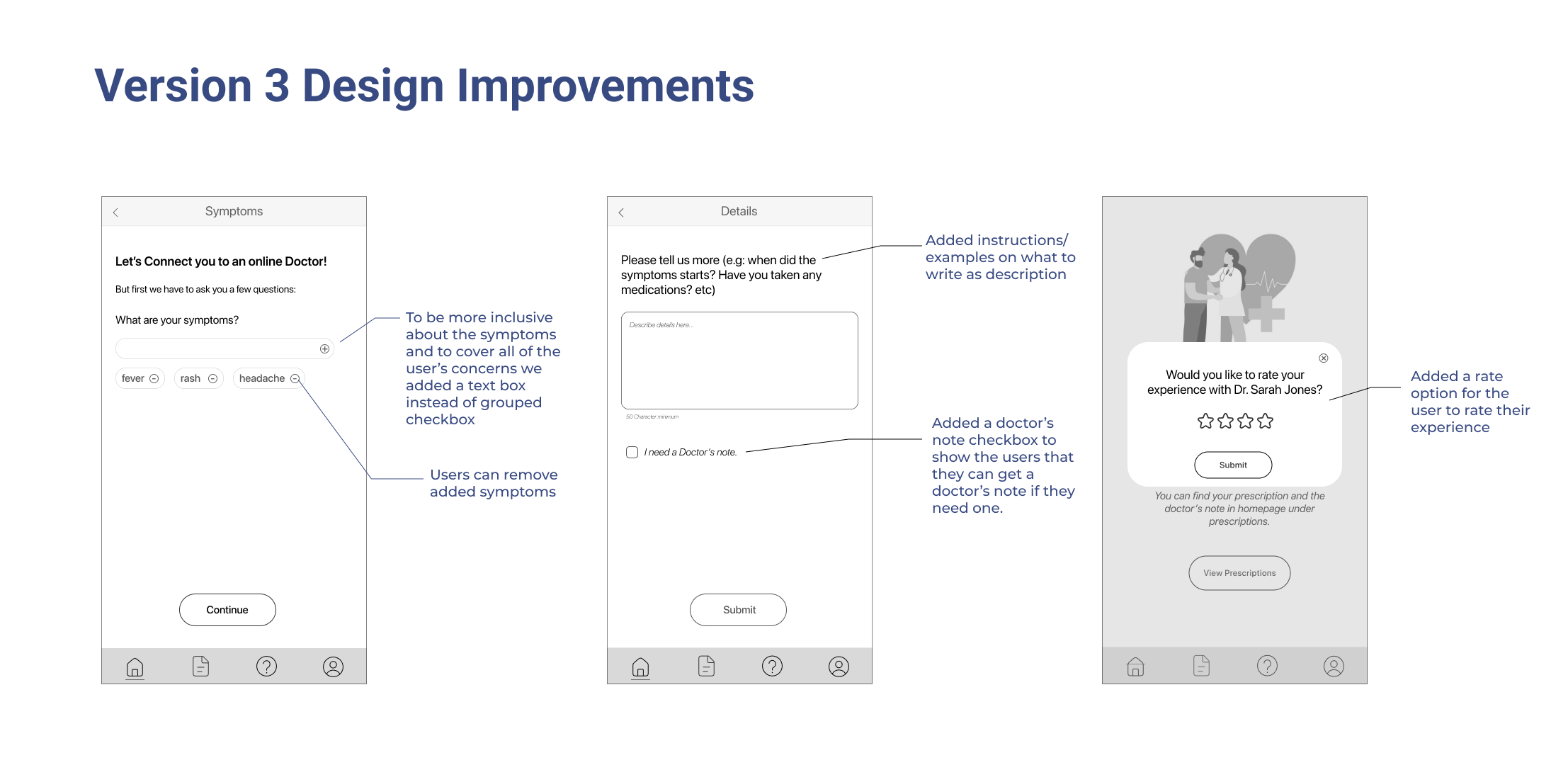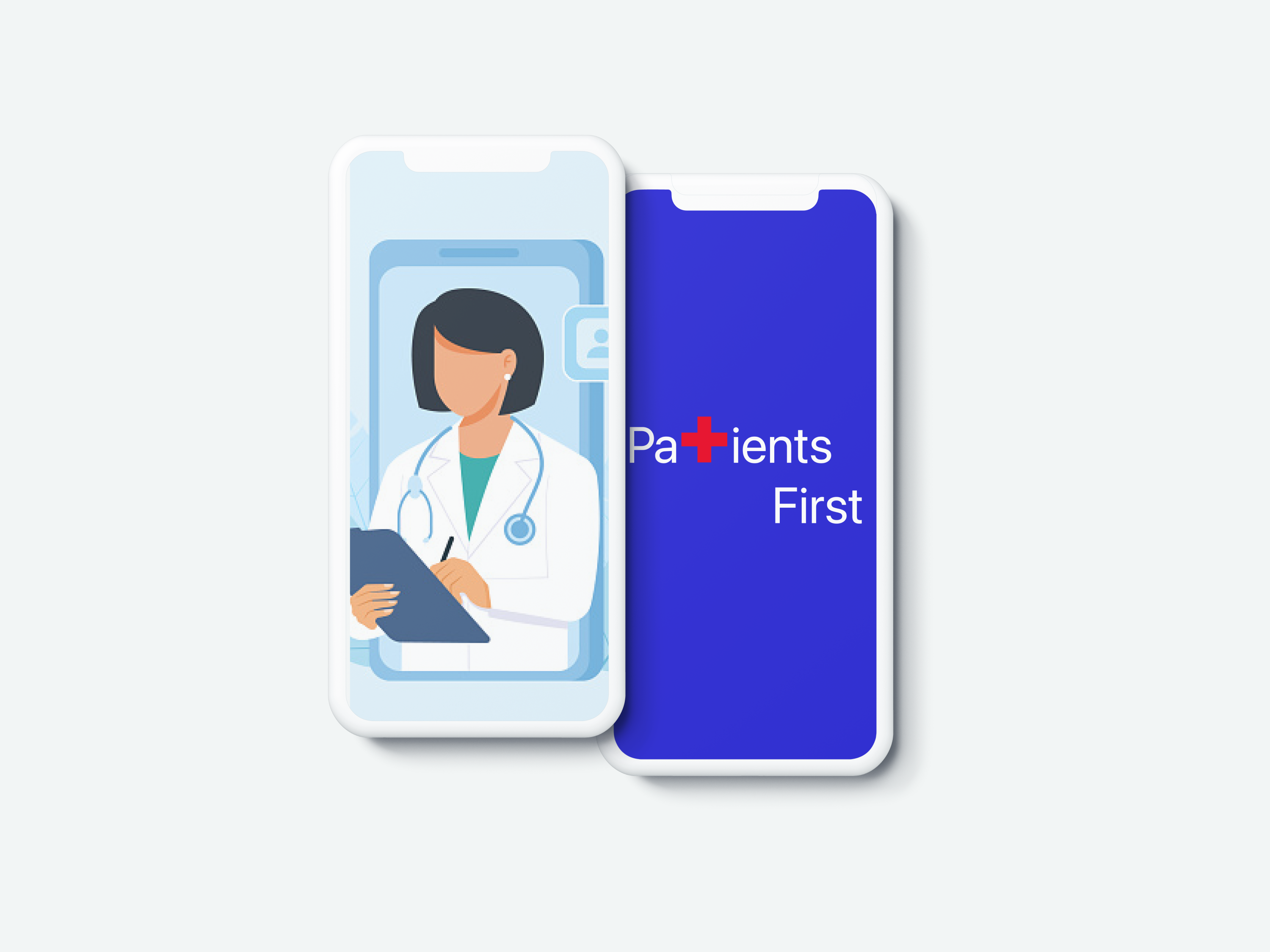
Patients First
Patients First is a UX research case study with the aim of reducing wait times to access healthcare services for Canadian patients.
Design Question
How Might We facilitate access to healthcare specialists for Canadian patients, in order to limit avoidable ER visits?
About the Project
Timeline: 2.5 weeks
Role: UX Designer & Researcher
Tools Used: Figma, InVision
Platform: iOS
Solution
Patients First allows patients to get medical consultation and guidance from doctors and healthcare specialists online and on-demand. Patients are also able to get their prescriptions online after being virtually visited, to support positive patient outcomes and timely care.
Prototype for your view on the right - Click through!
Process Overview
SECONDARY RESEARCH
Problem Space
Secondary research was performed to develop a greater understanding of the problem space of long wait times to access healthcare especially in the Emergency rooms of hospitals in Canada.
High wait times are an issue because Patients taken to the emergency department are generally in dire situations, hence the name “emergency” department. If they are made to wait for hours prior to seeking medical attention, their health is likely to deteriorate.
Spending hours before seeing a medical expert not only aggravates clinical outcomes, it creates negative perceptions in patients’ minds. While only 20% of ER visits are potentially avoidable, the process of diagnostic tests contributes to increased wait times.
Project Goals
The ultimate impact we want to make is to make emergency care more accessible and promote better use of emergency rooms for Canadians.
Some ways to alleviate the pain points would be to present an estimated wait time to patients, pre-screening patients in advance of admission by e-health, and advise non-urgent cases of alternative healthcare providers or over-the-counter treatment solutions.
If the project is successful it will reduce ER wait times for patients across Canada, and it will decrease patients’ anxiety and frustration by communicating about their health or potentially providing an estimated wait time for them. Additionally, redirecting non-urgent cases to other healthcare facilities such as family doctors, nearby walk-in clinics, or e-health services will be explored.
RESEARCH OBJECTIVES
Asking WHY...
Interview Participant Criteria
Four individuals meeting the below criteria were interviewed to learn about their motivations, actions and feelings with regards to seeking medical care.
•The participant must be someone who has visited a Canadian Emergency room at least once in the past 3 years
•Age group 20 to 65
•Covered by Canadian Government healthcare plan
By gaining a better understanding of who my user is and keeping the user's needs front and center in all of my design steps, I formed my persona, Cameron Roovers. Cameron has been in the queue for a family doctor for 3 years now, she is worried that she will have to wait in the ER for hours if something happens to herself or her family. She thinks wait times are outrageously long and not all ER visits are worth the wait.
USER STORIES
As a patient seeking medical care …
Core Epic: Getting online consultation from a healthcare specialist
- I want to see an online healthcare specialist so that I don't have to wait months for doctor referrals.
- I want to see an online doctor for my problem so that I don't have to worry about commuting to the doctor's office.
- I want to get online medical consultation, so that I can limit the risk of infection.
- I want to get health advice immediately online so that I am not confused about where to go for my medical issue.

TASK FLOW
Defining the happy path
After identifying my main task, I developed a task flow thinking about how a user would interact with the product to complete these tasks. The user will use the app to get online consultation from a doctor.
Cameron needs to see a doctor for an unusual rash that has appeared on her arms after going camping last weekend.
WIREFRAMES - VERSION 1
Translating into Digital Screens
I translated my sketches into mid-fidelity grayscale wireframes and prototyped them for the first round of usability testing.
USABILITY TEST ROUND 1
Task Evaluation
Testing Scenario & Plan:
Brand New User - Already signed in to the account
Summary:
Never used an online platform to see a doctor
Familiar with the traditional in-person doctor visit
The app will be the user’s first product touchpoint to the app
Task Evaluation chart - usability testing round 1
Design Changes version 2
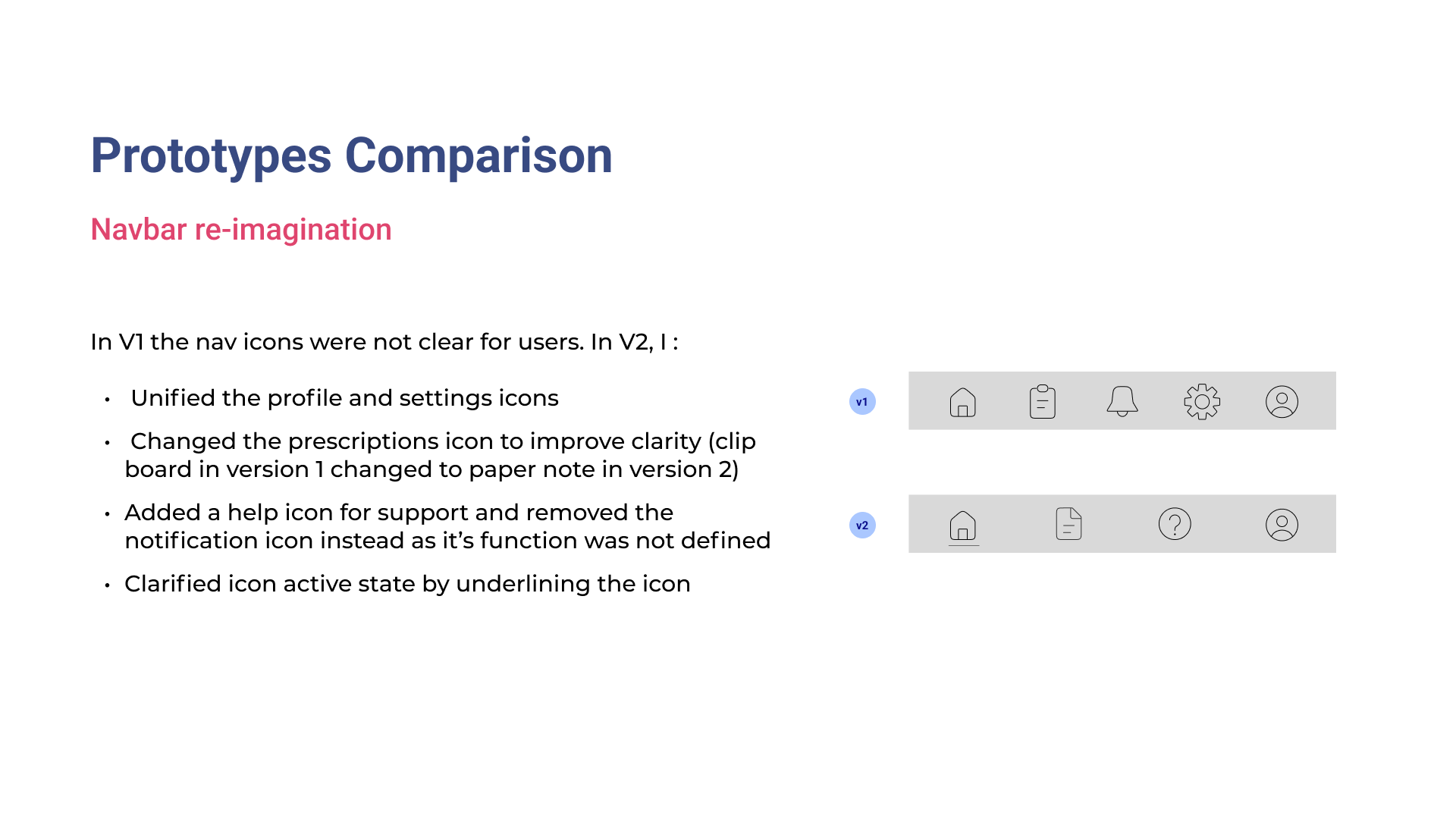



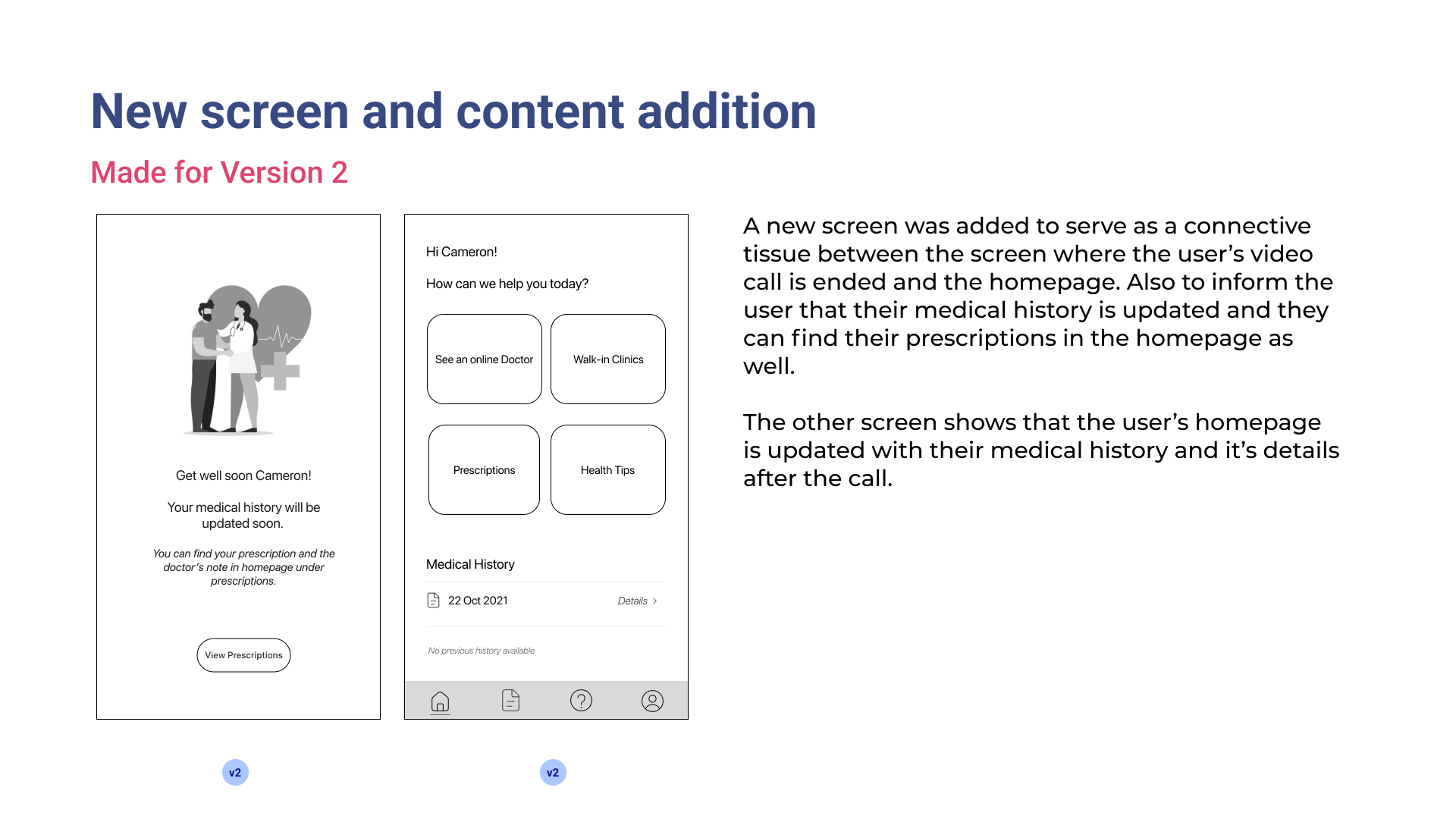
USABILITY TEST ROUND 2
Task Evaluation

Design Improvements:
In the second round of usability testing, none of the users had any issues with the flow or understanding it, but hearing the user's opinions about possible improvements or concerns guided me to improve my design for a third version.
Task Evaluation chart - usability testing round 2
KEY LEARNINGS
Reflecting on this project
Looking at the work I accomplished and my solution I would like to explain why I think I chose the solution that can help the issue of lengthy patient wait times in Canada.
Initially, I had thought of other solutions like informing the user about the wait times in the healthcare facilities but this path would not fully solve the problem and would make clinics or hospitals with less wait time, to be more desirable and as a result busier than others.
Therefore, I believe an online platform where doctors can visit patients/ guide them or help them with low acuity and at-home treatable solutions, would be a common and popular healthcare solution in near future.
This project taught me that user testing plays a crucial part in developing ideas and also improving the solution and more importantly, not hitting any roadblocks does not mean we should stop improving the solution and testing new ideas.
FUTURE OUTLOOK
How would we go further from here?
In the future, I would like to go back to this project and work on a high fidelity prototype, do more user testings, and improve the solution even more. I would also like to discuss the potential and possibility of having a panel of doctors who can take on-call shifts to provide services on the app and research into the logistical challenges that come with this solution.
Selected Works

Patients FirstUX Research

CCB4 day Sprint - Designing for the social good

Mimir - Personalized Budgeting AppUX/UI Design Case Study



